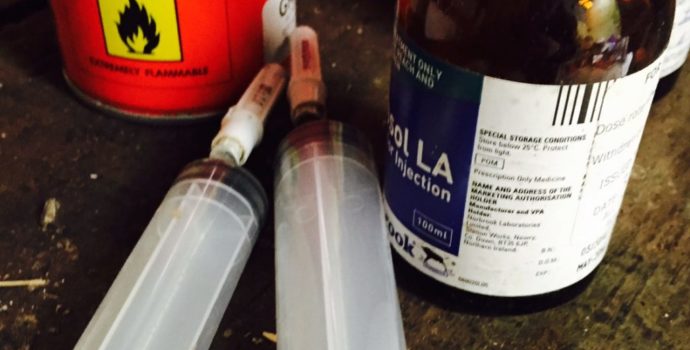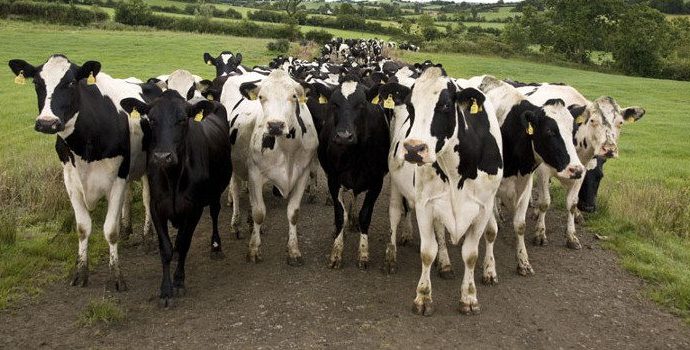Eu Report Highlights Damage to Beef Sector from Trade Agreements – IFA

IFA National Livestock Chairman, Angus Woods has said that today’s EU Commission study on the impact of trade agreements on the EU agriculture sector is a major wakeup call and clearly show the damage to the important beef sector from a liberalised trade negotiation.
He said, “The report shows that the value of EU beef production could be reduced by €8bn, with producer price falling by over 15%, in future trade agreements.”
Angus Woods called on the EU Commissioner for Agriculture, Phil Hogan to use the stark findings in the report to redouble his efforts against trade deals that would be bad for beef and Irish and EU agriculture. He said, “Cattle farming is undertaken by 100,000 farmers in Ireland, contributing to economic activity in every parish in the country. The Commissioner must ensure that, in future trade negotiations, the interests of the vitally important beef sector are secured”.
The report conducted by the Joint Research Centre (JRC) of the European Commission estimated the impact of the trade agreements on EU producer prices, production volumes and overall value of the different agriculture sectors.
Angus Woods said the report shows that for the beef sector, trade liberalisation, in the form of a large reduction in tariff barriers, would result in a significant increase in imports (up to 356,000t) and only a very modest increase in exports. He said this would result in price and production cuts for producers and be very damaging for Ireland, where beef is our largest farming enterprise.
The IFA National Livestock Chairman said that the report highlights how important it is that meaningful sensitive product status is secured for the beef sector in future negotiations, with limited TRQs and the retention of tariffs on products.
He added “Individual negotiations must take account of the cumulative impact of any previous concessions on market access that have been given in the beef sector.” Angus Woods said it is clear from the analysis that the Mercosur trade deal is the major problem for the beef sector.
He said the report is somewhat restricted in its analysis, in that it takes no account of the impact of Brexit and the UK leaving the EU or the significance of the beef sector to countries such as Ireland and France. He said the reality is that if these aspects were built into the analysis the impact on a country like Ireland would be far greater. He pointed out that a 15% reduction in producer prices would translate to a loss in value for the Irish beef sector of €350m.
The report identified that the dairy sector would gain from the reduction in tariff barriers, with the potential for growth into export markets. However, it would be important that non-tariff barriers, which may prevent real entry into new markets for the EU dairy sector, would also be removed.




